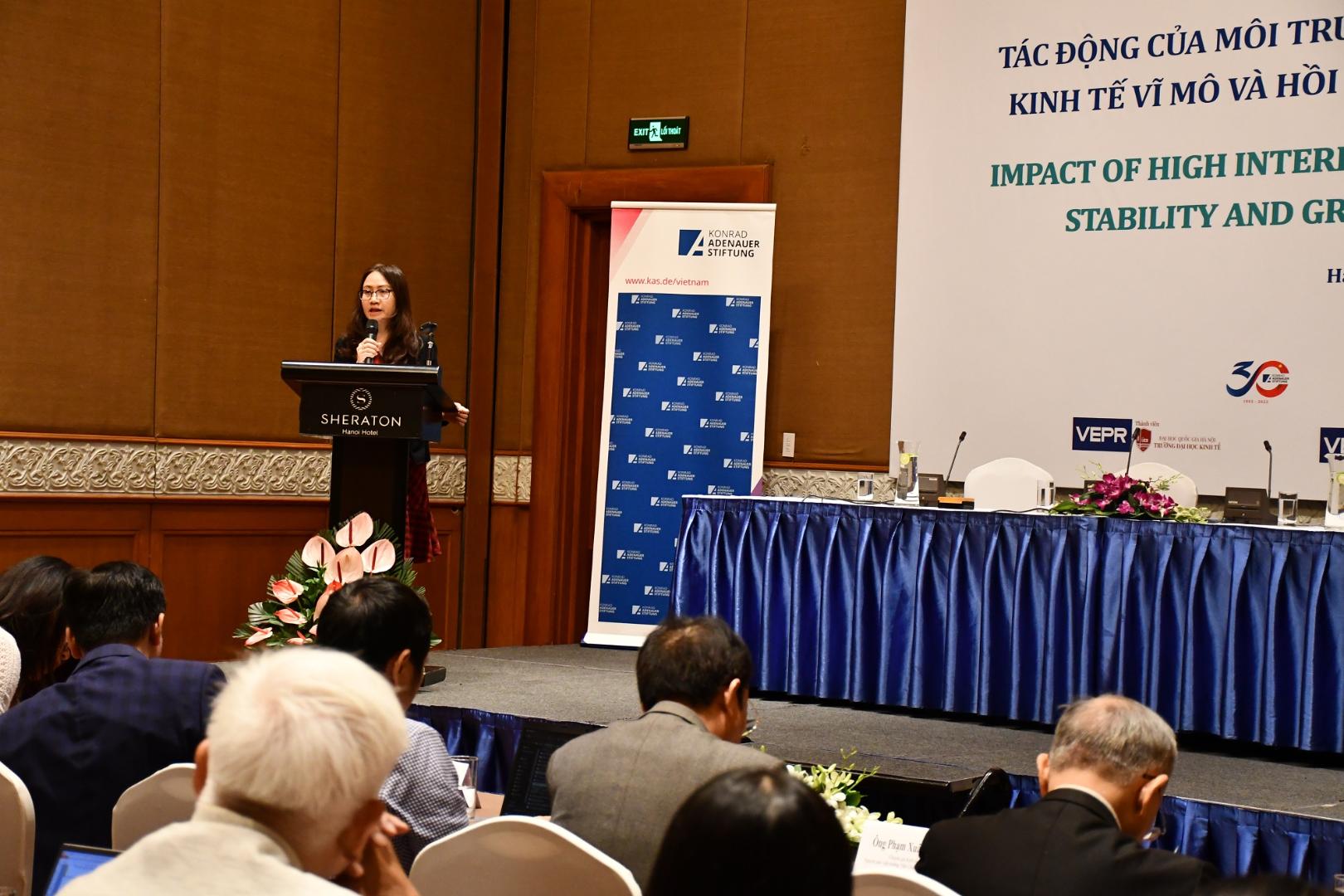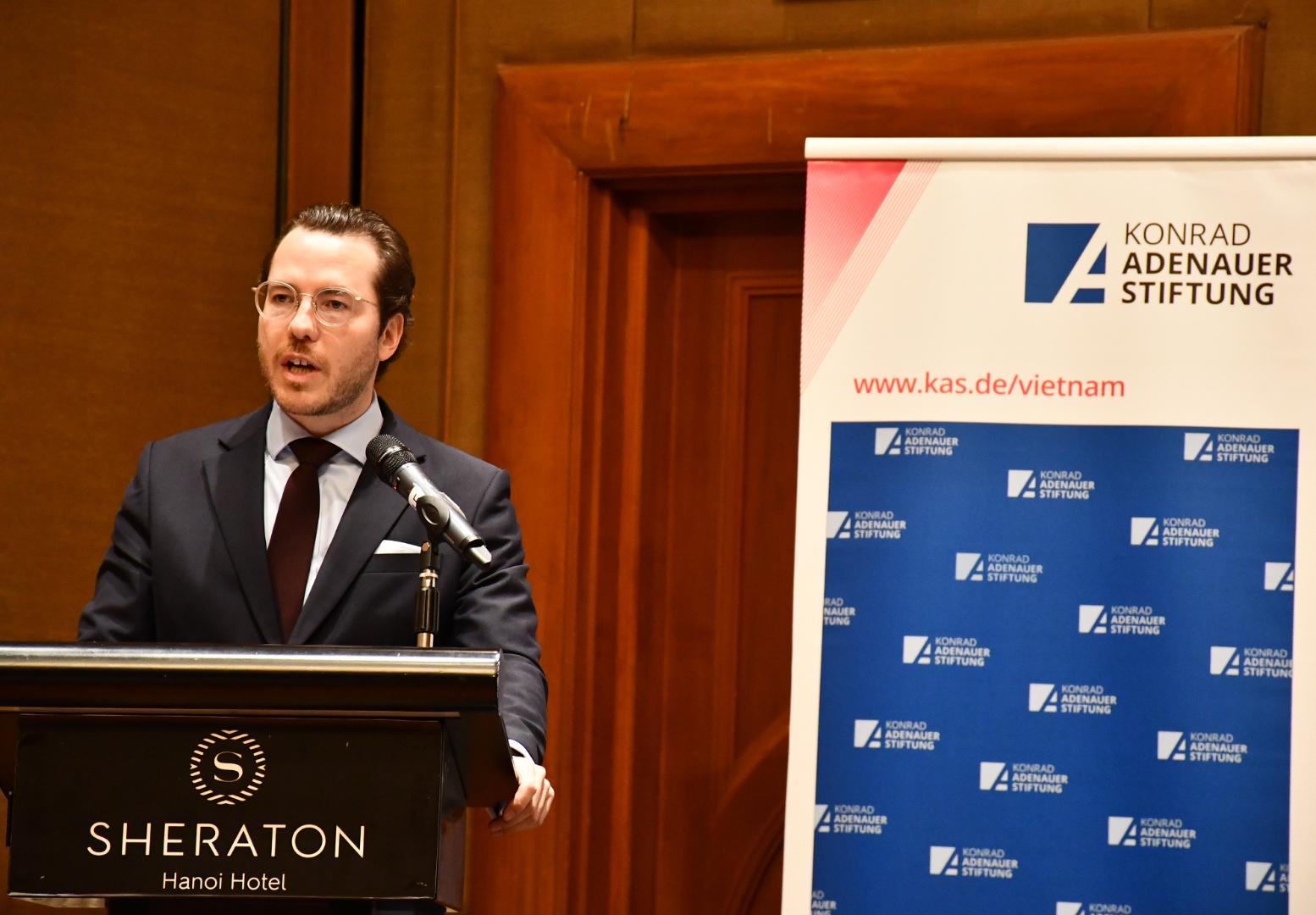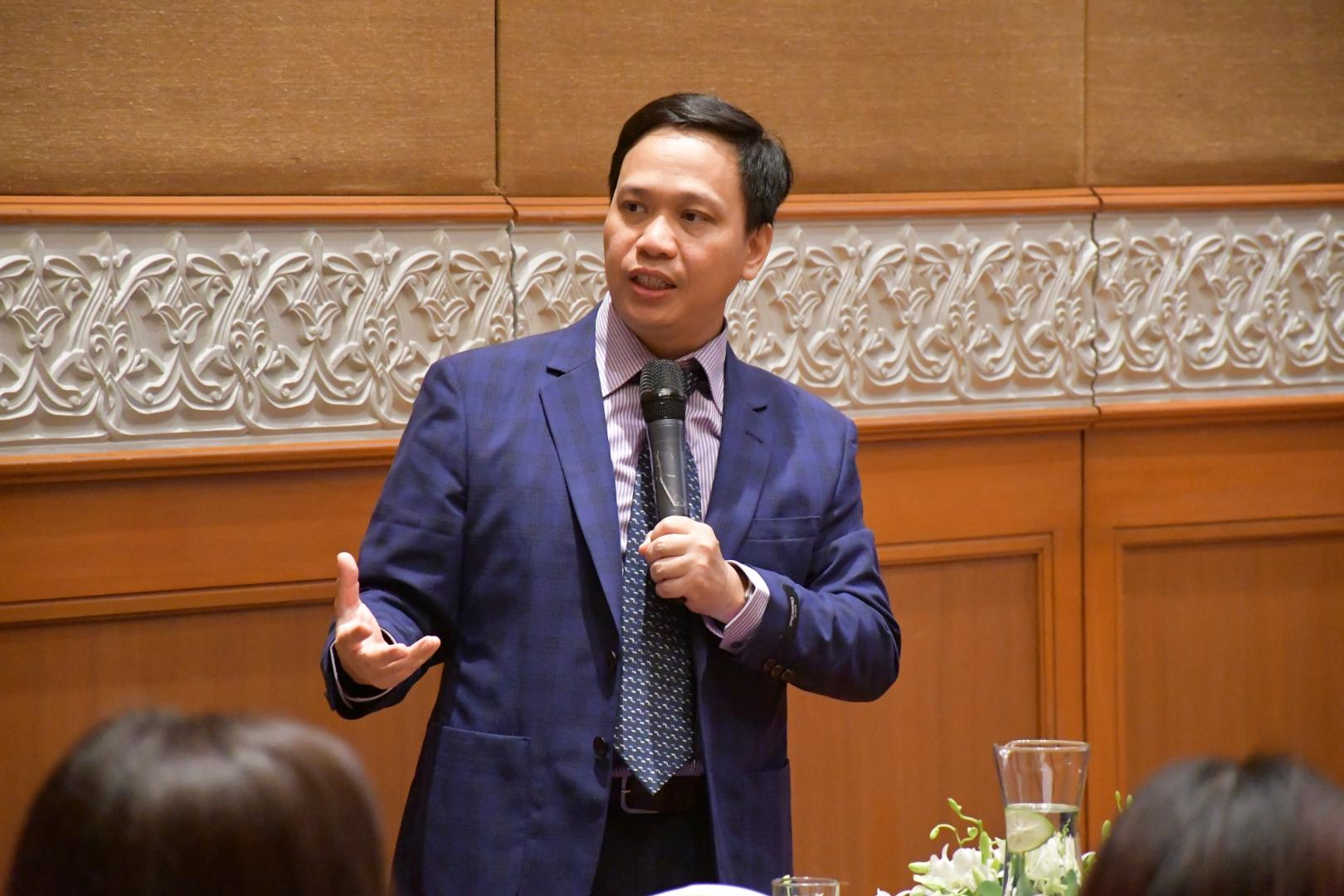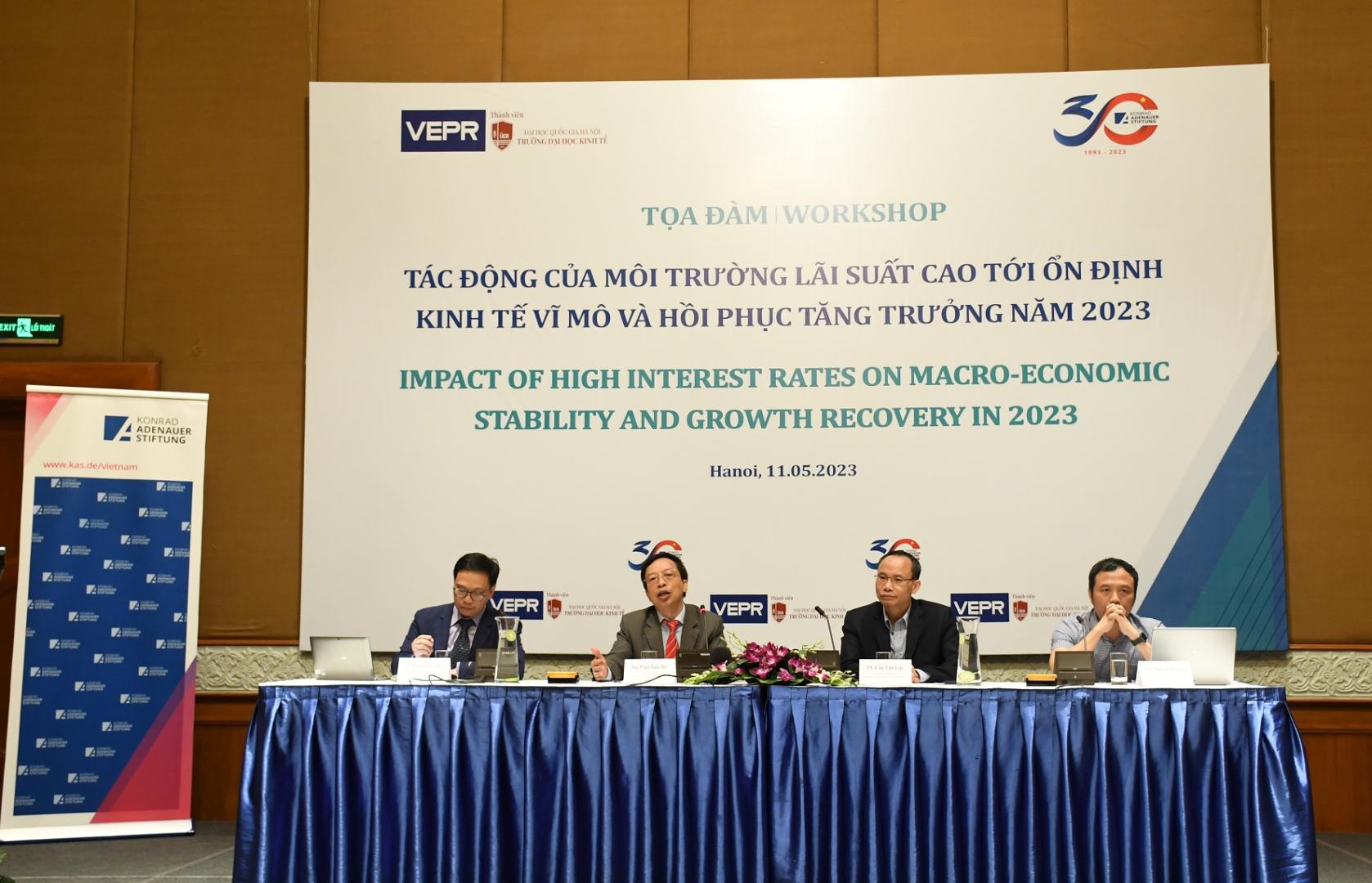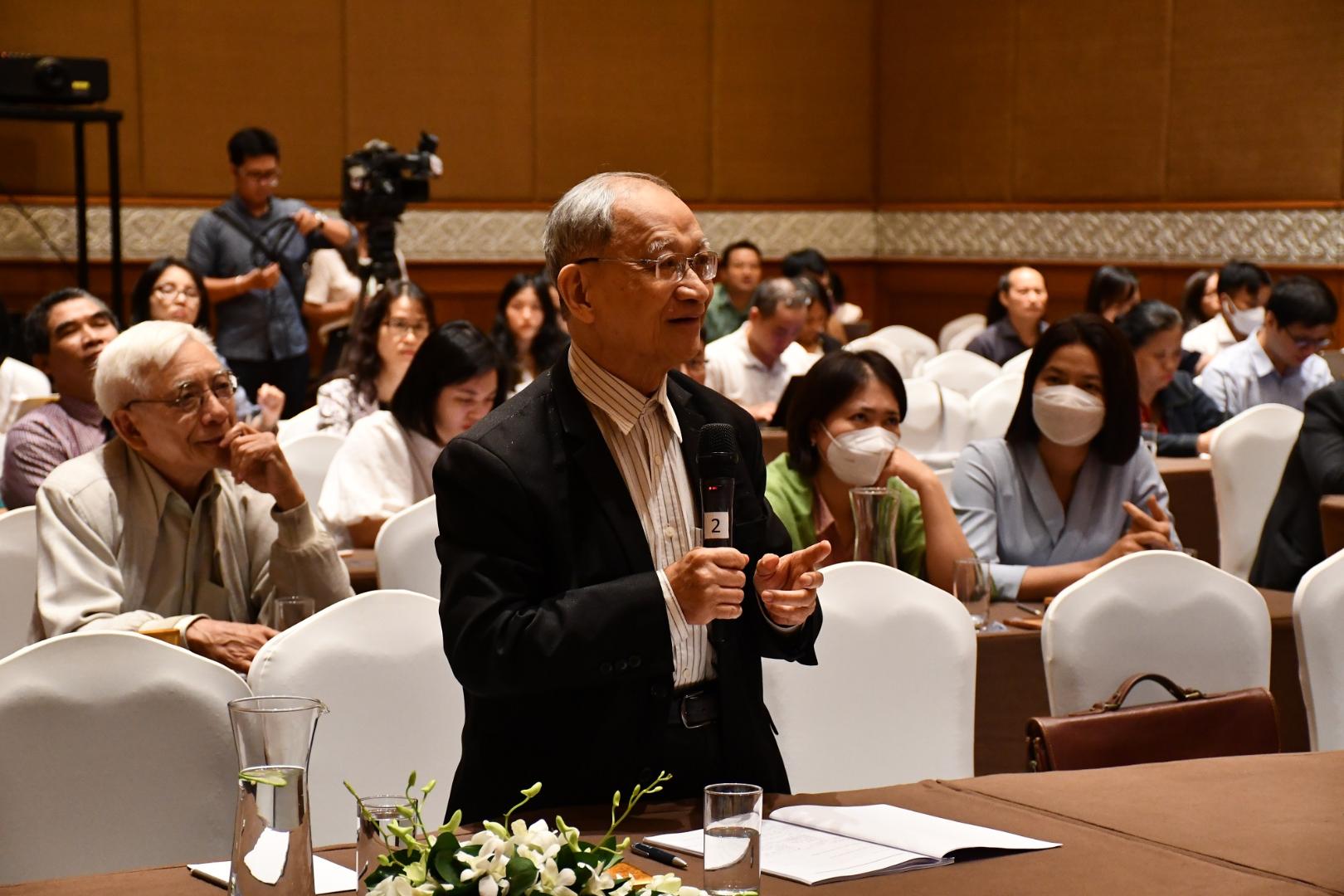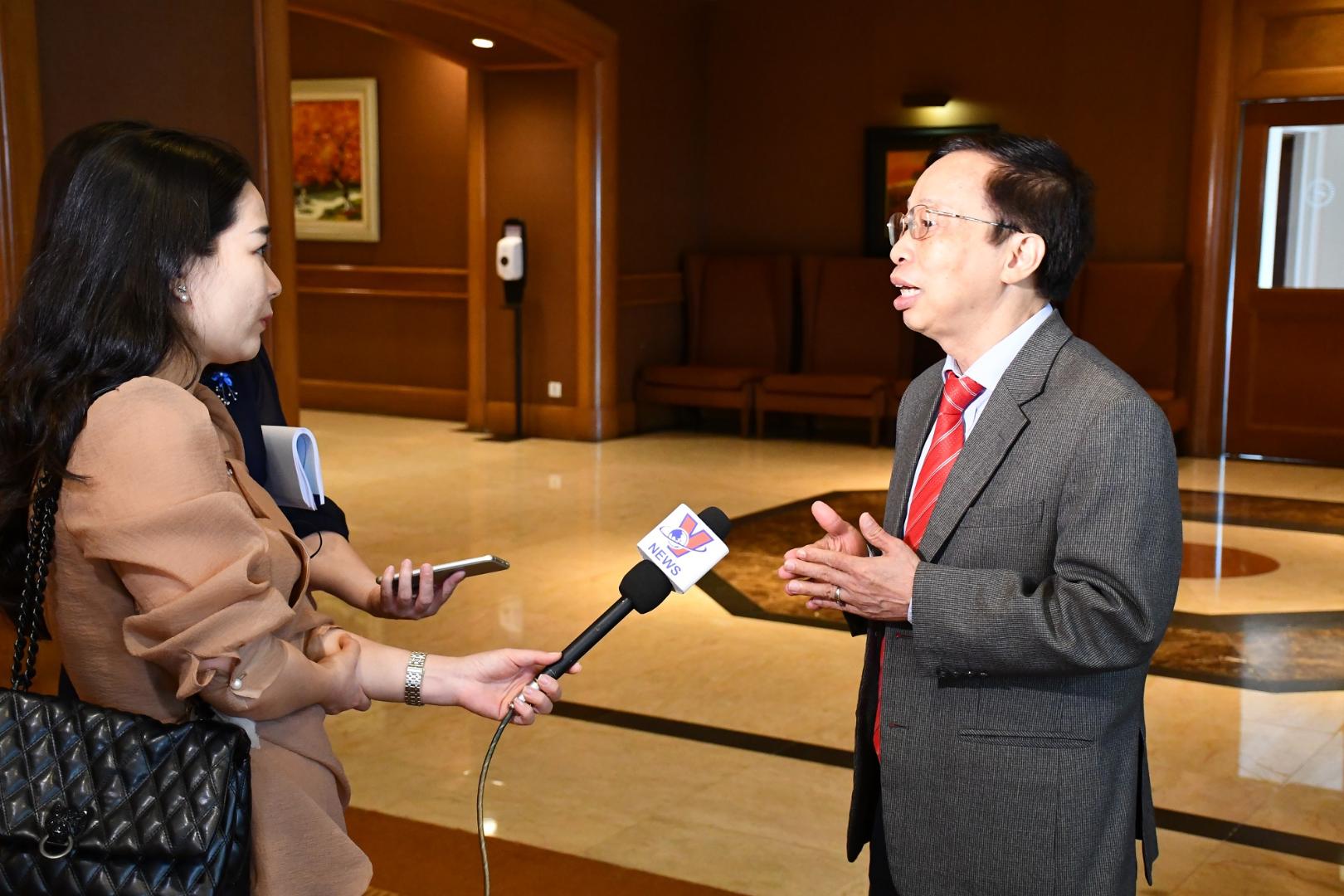According to Dr. Nguyen Tu Anh, Director of the General Department of the Central Economic Commission (CEC), that the lending interest rate was high since July 2022 and continued to stay high until February 2023 has discouraged people to invest in production or start-up. Interest expense has accounted for a large proportion of Vietnam’s GDP in 2022. The average lending interest rate of about 9-10.7% was attributed to the remarkable decrease of business competitiveness. VEPR’s calculation showed that in 2022 the interest expense of Vietnamese businesses was around VND1,135,091 billion, equivalent to 12% of the country’s GDP.
The growth rate of credit and capital mobilization decreased sharply in the first three months of 2023 due to weak demand and high interest rates. On the contrary, individual deposits increased sharply, indicating an increase in investment risk perception, reducing the need to establish new businesses.
Sharing the view, Pham Xuan Hoe, former deputy director of the Banking Strategy Institute, said that high interest environment leads to distortion in the allocation of financial and asset resources of the economy. There are many businesses with good projects but cannot implement due to high interest rate.
Room for lowering interest rates
Between 2011-2020, Vietnam had a current account surplus but in 2021-2022 due to the cost of importing drugs and healthcare equipment to fight the Covid-19 pandemic and spiraling transportation costs, the current account balance become negative. However, in the long-run Vietnam still has current account surplus and thus definitely has room to reduce interest rates.
Dr. Can Van Luc - Chief economist from Bank for Investment and Development of Vietnam (BIDV) said that in 2023 Vietnam's inflation will be higher than that of 2022, standing around 4.5%. This rate, according to Dr. Luc is acceptable. He also admitted that the interest rates remain high because the money supply in 2022 was low and many credit institutions were weak. Nonetheless, he confirmed there is still room to reduce interest rates by 1-2% right in the second quarter of 2023.
Regarding policy to promote growth, Dr. Nguyen Quoc Viet, VEPR’s Vice-President said that in the context of economic difficulties there are many signs of economic downturn, therefore, it is crucial for the Government to increase public spending in order to boost growth.
In addition, monetary policy needs to balance financial risks with support for economic recovery and promote circulation of capital flows.



